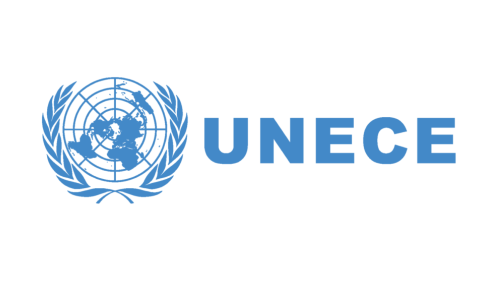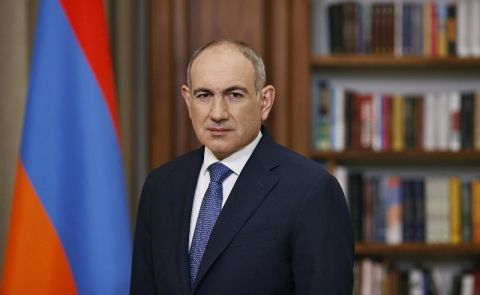
Georgian Dream's Kaladze Dismisses Russian Interference Allegations
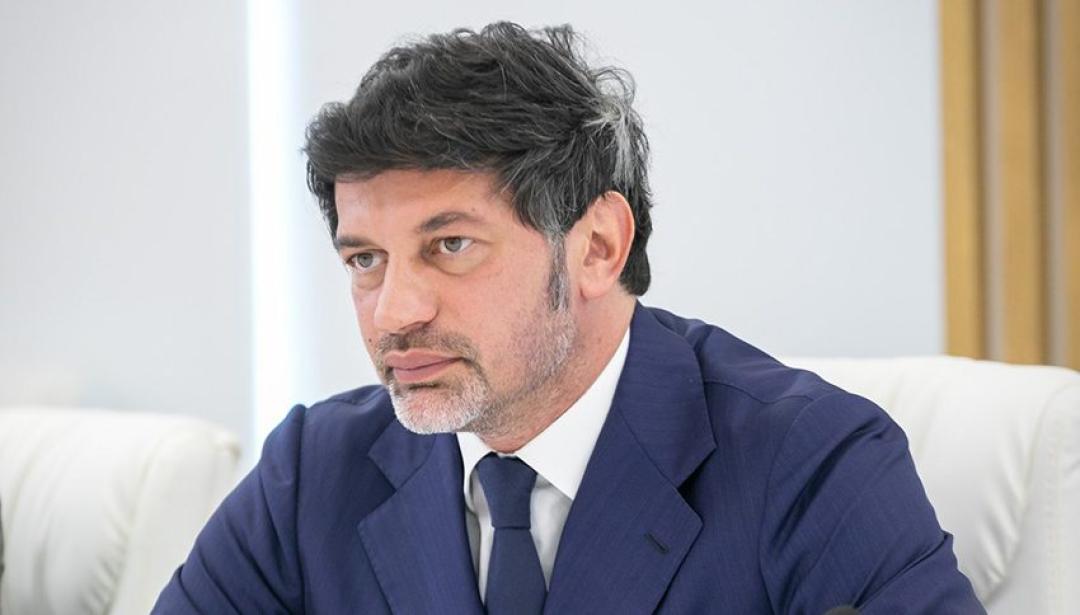
On April 12, Kakha Kaladze, the General Secretary of the ruling Georgian Dream, underscored the gravity of financing extremist and revolutionary activities, asserting that the state would vigorously oppose any attempts to undermine its foundation.
"No matter who he is, no matter where he comes from," Kaladze emphasized the state's commitment to thwarting external influences. Kaladze stated, "I don't endorse any alliance that jeopardizes my country's interests, independence, and sovereignty, for which my ancestors bravely fought and sacrificed." Reflecting on the significance of April 9, he extended this sentiment to all unions, asserting that no alliance detrimental to the nation's core values would be tolerated.
Addressing concerns about hindering potential European Union membership, Kaladze posed a straightforward question regarding the draft law's stance. "We welcome all beneficial endeavors," he remarked, expressing confusion over any opposition. However, he maintained that when it comes to financing extremism or subverting the state, the government would take decisive action to protect national interests, irrespective of the source.
Asserting the importance of transparency, Kaladze affirmed his allegiance to the country above all else. "I respect everyone, be it Germany or America, but my country's welfare is paramount," he emphasized.
In response to critics, Kaladze asserted, "We do not allow external forces to dictate our decisions." Dismissing accusations that the law was influenced by Russia, he criticized radicals for attempting to destabilize the state. "Their motives are self-serving," he declared, highlighting the imperative to safeguard the country's future.
Kaladze challenged dissenters to engage with the authorities if they disagreed with the law. "You are in the minority today and will be for a long time," he stated firmly. Refuting claims that the law aligned with Russian interests, Kaladze underscored the importance of national unity and resilience against external pressures.
When questioned about the reaction of director Davit Doiashvili, who opposed the law, Kaladze condemned the harassment faced by individuals expressing dissent. "You can't imagine the kind of bullying these people endure," he remarked sympathetically, suggesting that Doiashvili's statement was likely coerced amid intimidation.
During his discussion with journalists, Kakha Kaladze reflected on the sentencing of Lazare Grigoriadis to nine years in prison, expressing grave concern over the incident. "Freedom should not degenerate into anarchy and deceit," Kaladze remarked, highlighting the severity of throwing Molotov cocktails at individuals, as it poses a direct threat to human life.
Kaladze emphasized that while everyone has the right to freedom of speech and expression in the country, such liberties should not be exploited to incite chaos and violence. "When we aspire to uphold justice and the fundamental principles upon which Europe is built, do we not all envision a European future?" he questioned, underscoring the importance of democracy and freedom within the nation.
He reiterated that freedom of expression should manifest in constructive forms, including peaceful protests, rather than actions that endanger lives. "What response am I expected to provide," Kaladze pondered when confronted with the malicious intent behind hurling Molotov cocktails at fellow citizens.
The Tbilisi Mayor also addressed criticisms of the draft law "On transparency of foreign influence," asserting that opponents of the legislation have failed to provide a single valid argument against it. He questioned why the proposed law was considered Russian and how it conflicted with Georgia's aspirations for European integration.
Emphasizing Georgia's paramount interest, Kaladze affirmed the country's commitment to protecting its sovereignty and the well-being of its citizens. "Society witnesses the reality," he stated, highlighting the absence of substantive arguments against the bill. Kaladze challenged detractors to articulate any concerns regarding human rights or freedom of expression impacted by the legislation, asserting that they have yet to do so convincingly.
Regarding potential opposition to the bill, Kaladze suggested that those dissatisfied with it should aim to change it through electoral means. He pledged to safeguard Georgia's interests and autonomy, asserting that the country would not succumb to external pressure dictating its laws and decisions.
Kaladze criticized opponents of the bill, labeling them as radicals who prioritize personal agendas over national interests. He expressed skepticism about their electoral prospects and accused them of neglecting the nation's welfare. Dismissing their criticisms as empty rhetoric, Kaladze emphasized the need for constructive dialogue rather than baseless accusations.
See Also

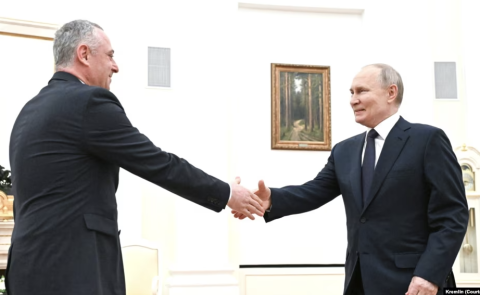
Abkhazia’s Separatist Leader Discusses Relations with Russia

CoE Commissioner Addresses the Georgian Government
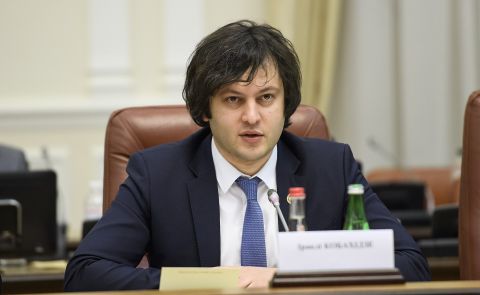
Kobakhidze Announces Plans to File Lawsuit to Ban the "Collective National Movement"
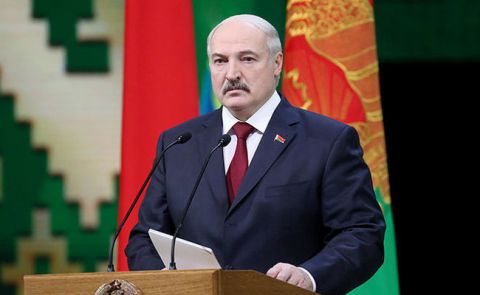
Belarus Affirms It Has Never Been an Adversary to Georgia
